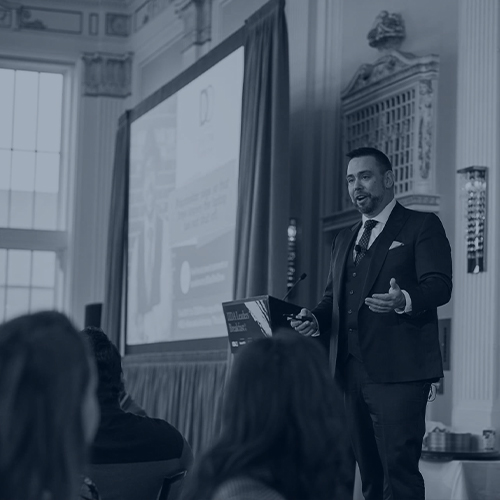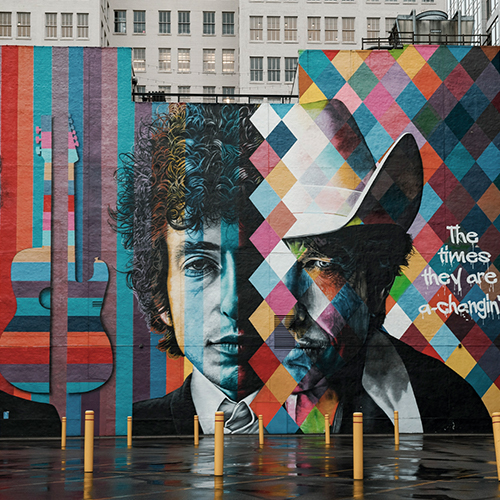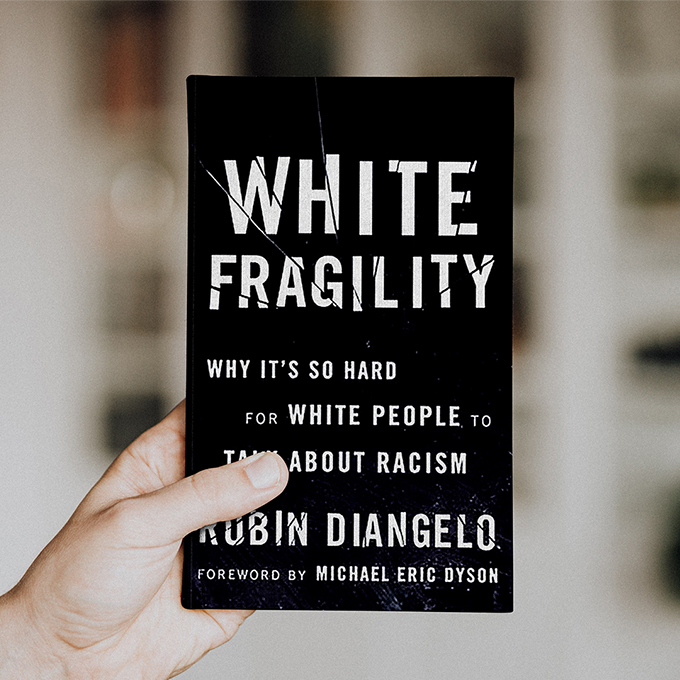Imagine I told you there’s a tool you could develop that would result in you:
- Being evaluated as 110% higher on overall leadership effectiveness than those without this tool
- Having a team that evaluates you as being 140% more effective as a leader than those without the tool
- Having teams with higher levels of productivity, pride and commitment to the organization
- Being 135% more likely to be trusted by the people you work with.*
My guess is you’d want to go out and pick up this tool. The problem is it’s not a tool you can buy, it’s one that must be developed: a personal leadership philosophy.
What is Personal Leadership Philosophy?
A personal leadership philosophy is a set of beliefs and principles you use to evaluate information and respond to people and situations. It allows anyone who hears it to gain an understanding of your values, priorities, approach to decision making and what you expect from yourself and others, making you someone with whom it’s much easier to work and collaborate. Even if people disagree with your judgements, the fact they are aware of how you’ll make them (and that you’ll be consistent in doing so) tends to lead to much more productive relationships.
If you can’t tell me your personal leadership philosophy in under thirty seconds; if you can but it’s the first time you’ve articulated it out loud in the past three days; or if someone who works with you closely cannot tell me your personal leadership philosophy—you don’t actually have one. At least not one that is truly impacting the way you behave.
When I saw the research above and realized I couldn’t articulate my philosophy, I took a step I encourage for many of you: ask the people closest to you what they feel it is. You learn a lot about how your decisions and decision-making is perceived by asking that question of others.
I discovered there was a phrase I had repeated enough times that for many years, I relied on this philosophy:

When you don’t know what to do in a situation, ask yourself: “What would the person who I want to be do in this situation?” Then do that.

Simple? Yes. Easy to follow? Hell no.
Very few people have given a significant amount of thought to who it is they really want to be. Most want to be fundamentally “good” as opposed to “bad,” but I’ve found that relatively few have taken the time to get much more specific than that.
Perhaps that’s because when we’re young we’re judged and graded on what others expect us to know. We get used to the big questions in our lives coming from other people and we learn to pay closest attention to the things on which we will be tested. Those tests rarely feature questions about who we want to be, how we understand our core values, and which criteria we should use to make difficult decisions. As a result, many of us become our own worst subject. We grow up being asked what we want to do when we grow up, not who we want to be. The former means meeting the expectations of others, the latter asking tough questions of ourselves. We’re not forced to ask those tough questions and answering them can be uncomfortable, so many of us choose not to.
Learn to Prioritize
The Day One Leadership Philosophy focuses on finding a way to make sure we prioritize our “to be” list over our “to do” list. That process can get started by asking yourself a series of questions:
- What criteria do I use to make decisions?
- What process do I use to evaluate that criteria?
- Would people who work with me feel confident my decision making will be consistent?
- If someone followed me around for 30 days and saw every interaction of which I was a part, which three values would they believe I turn to whenever I have to make my most difficult personal and professional decisions?
- Which do I prioritize: my “to-do” list or my “to-be” list?
These questions are only the beginning (to learn more about developing a personal leadership philosophy check out my book: This Is Day One: A Practical Guide to Leadership That Matters). For now, simply start to ask a few more questions not about how you feel about decisions you’ve made, but specifically the process you used to make them, and the criteria you fed into that process. Our decisions are what define us, so it’s often their outcomes that draw most of our attention. If we can place more focus on the process, we can start to achieve better outcomes.
This article has been adapted from the book This Is Day One: A Practical Guide to Leadership That Matters and an article originally published by Quartz at Work.
* 1. J. Kouzes and B. Posner, (2017). The Leadership Challenge, 8th ed. (Hoboken, NJ: John Wiley & Sons, 2017) 128.







